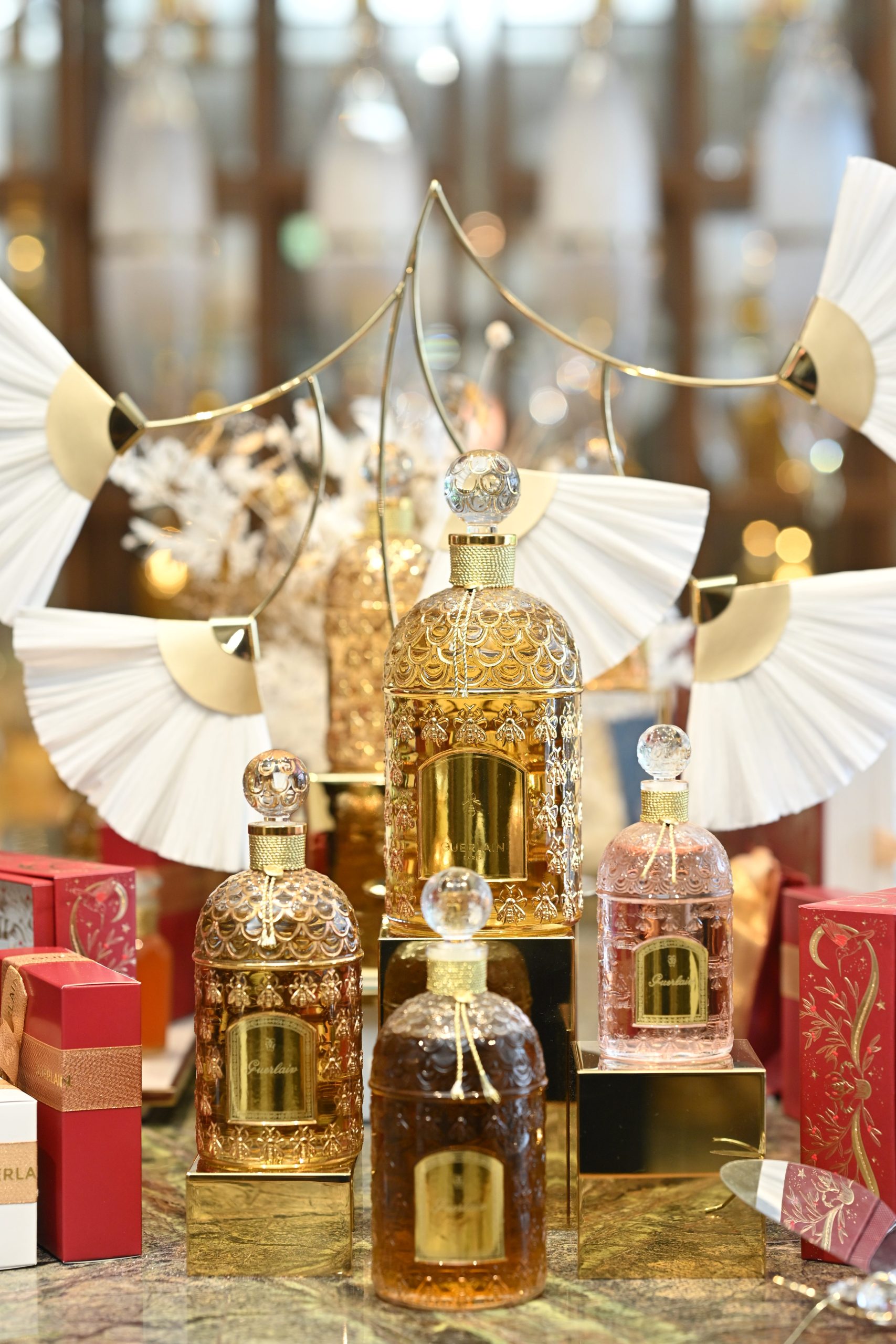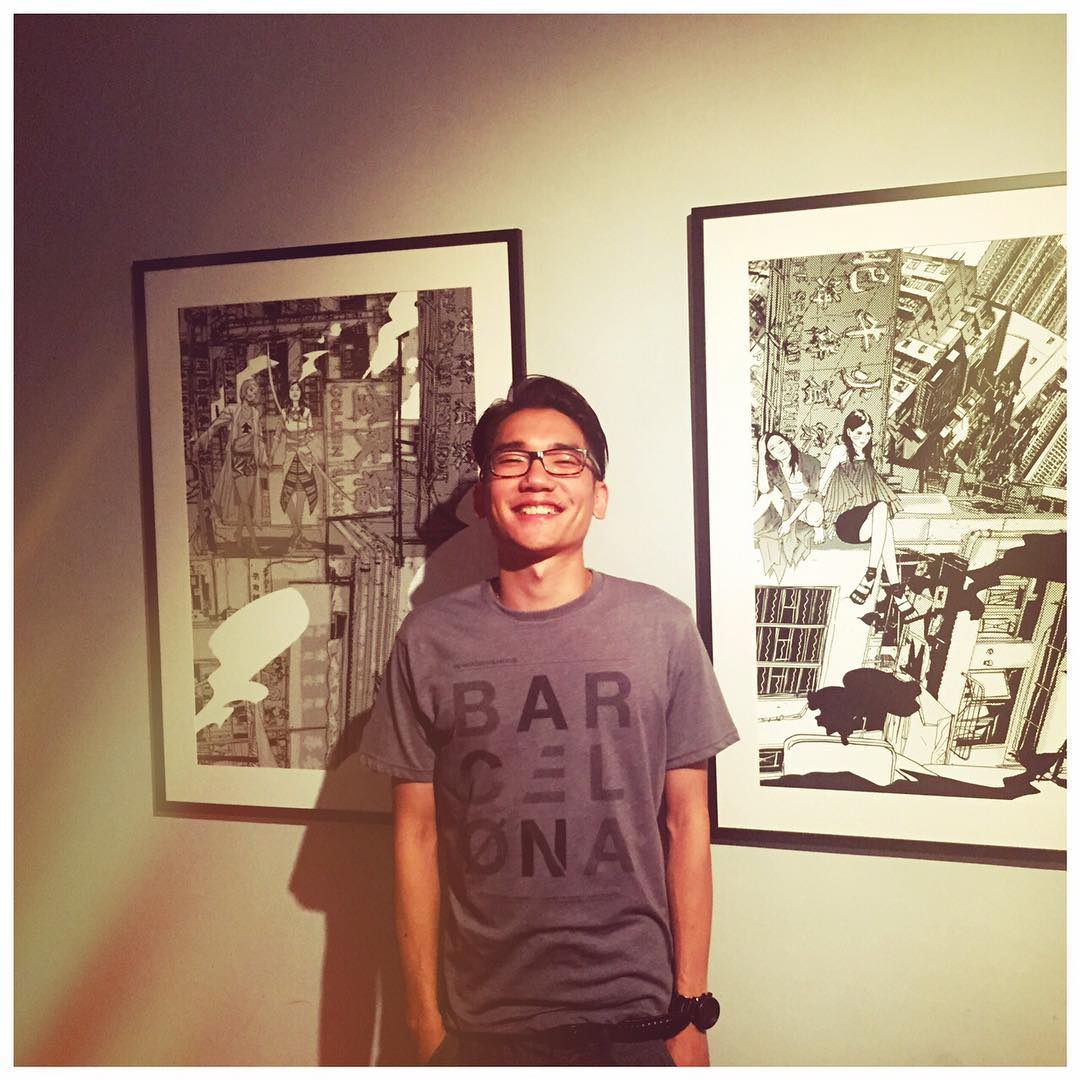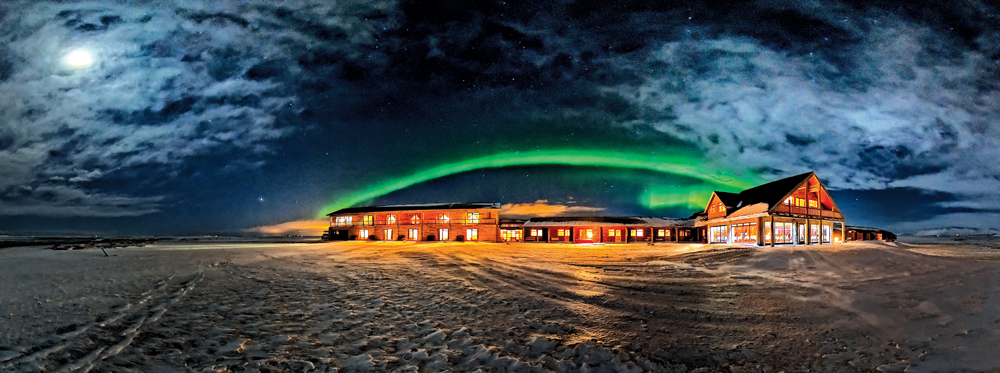
Mainland Chinese consumers are now the biggest spenders in the world on luxuries but it’s not only high fashion, huge dwellings and expensive cars that tickle their fancy. Exclusive travel experiences are now one of the main aspirations of the mainland’s upper middle class and its super-rich upper class. Take the images in Shanghai Tang’s spring/summer 2015 advertising campaign themed around a refined summer escape. The campaign is a nod to the kind of customer that is worth most to the retailer: the young, glamorous, well-heeled Chinese couple skimming over shimmering turquoise oceans on a stylishly appointed wooden boat, or swinging along the winding, bougainvillea-edged roads of Capri in a leather-upholstered convertible. The couple look utterly modern, dipping in swimming pools, lounging in grand villas in chic, brightly coloured and impeccably tailored attire.
The Shanghai Tang campaign captures the sort of travel Chinese consumers dream of: glamorous destinations that show off nature in its magnificence, a kind of travel rich in experiences and activity.
Modern travel is no longer about an obligatory cheesy snap in front of the Eiffel Tower. The more sophisticated expectations of these travellers have been charted in print, for example in The New Chinese Traveller by Gary Bowerman.
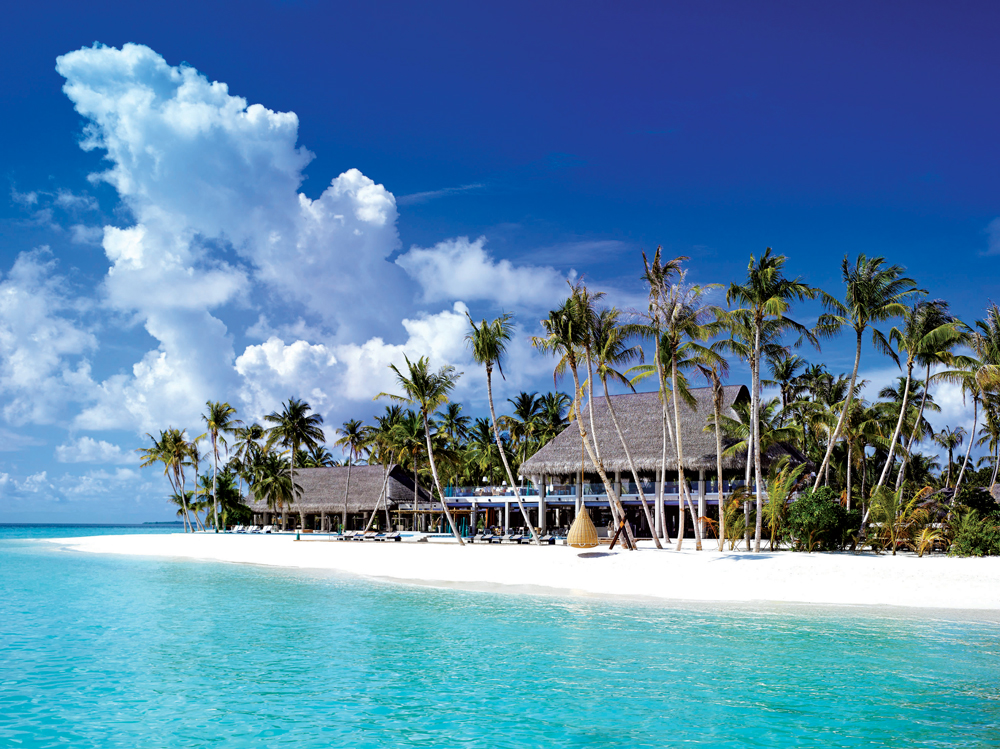
The New West End Company represents retailers in London’s shopping heartland, including those in Bond Street, Regent Street and Oxford Street. Jace Tyrrell, the company’s CEO, says the focus has shifted to Chinese travellers in the past three years. It is devising programmes intended to attract exceptionally wealthy Chinese to the West End.
“These London Luxury Quarter By Appointment programmes pull together an itinerary of exclusive boutiques depending on the kind of things the clients want,” Tyrrell says. “They are all bespoke, so could range from men’s tailoring on Savile Row, to maybe jewellers or arts and galleries.”
The programmes are paid for by the retailers and the owners of the brands they sell. The customers are carefully selected from among high-net-worth individuals found by agents for the New West End Company working in the mainland. The people they put forward are often connected to the investment and wealth management businesses. A stay in a superior London hotel such as The Langham or Claridge’s is often part of the deal.
“The group we had last year had 20 Chinese women and took four months to put together,” Tyrrell says. “It’s quite specialised, so we’ll only do roughly 10 programmes of this kind a year.” He says high-end retail therapy is still the main motive for tourists but many more now show a passion for the arts, galleries, wine and fine dining.
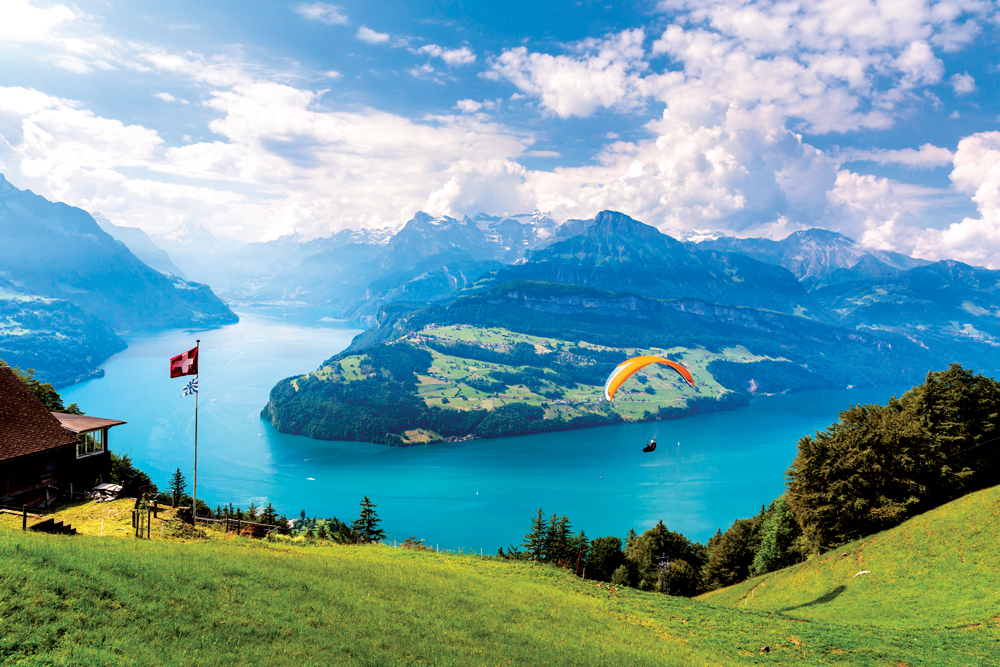
“There is more sophistication these days,” Tyrrell says. “You are seeing a much more independent traveller. The Russians maybe went through the same shift 10 years ago. The taste of the Chinese traveller has evolved now and we’re offering access that you can’t buy.” Giving such access means working with concierge services such as Quintessentially, and partnerships with cultural attractions.
A study funded by the Fung Business Intelligence Centre’s Global Retail and Technology arm and China Luxury Advisors found two-thirds of a 1,019-strong survey sample had travelled outside the mainland in the 12 months following May 2014. The report predicts that growth in the number of tourists visiting places far from the mainland will accelerate, while growth in the number visiting places nearer at hand, such as Macau and Hong Kong, will slow. It says spending by Chinese tourists jumped to US$229 billion last year and that it could rise to US$422 billion by 2020.
London, Paris, the United States and Australia are some of the most popular destinations, and while the elite also prefer these destinations, they have become more discerning. “In Britain they are in love with our heritage,” Tyrrell says, “They are interested in all traditional things, and it has huge appeal to this group. They also love royal connections. Any royal warrant holder brands are very much in demand.”
But China’s elite travellers are also getting off the well-trodden path in search of newer, better and rarer experiences. Destinations with high-end resorts such as Bali and the Maldives have emerged as top destinations for sun-seekers. The Hurun Chinese Luxury Traveller report estimates there are more than one million millionaires in the mainland, 67,000 billionaires and about 5,000 super-rich, each with more than 2 billion yuan in assets. The report says travellers are taking unusual holidays in greater numbers – in Antarctica, to see the Northern Lights, or touring Italy in a Ferrari.
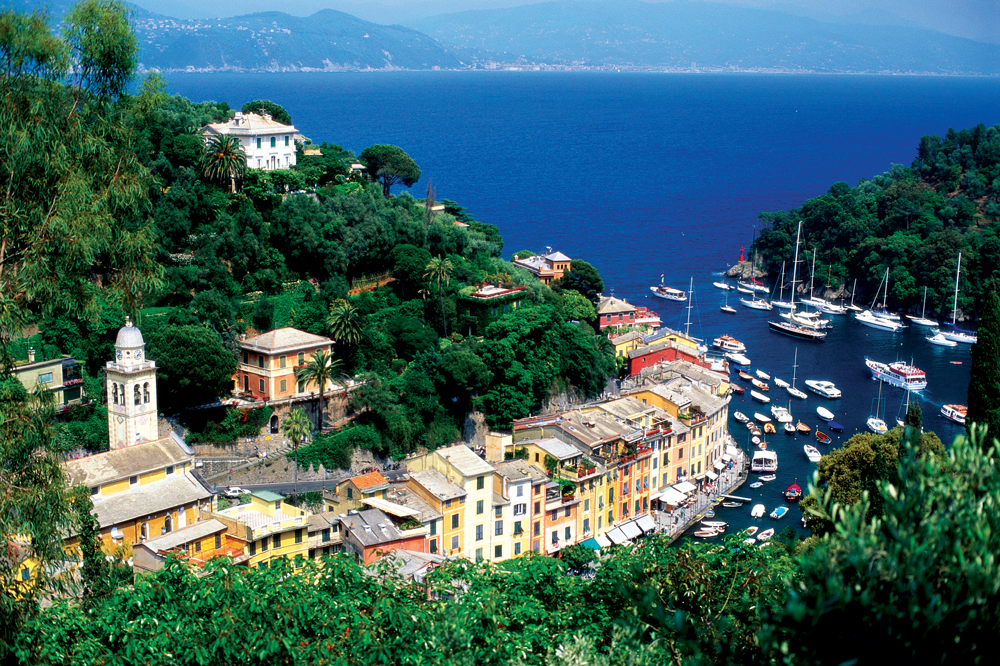
Travelling for the experience is gaining appeal among wealthy Chinese wishing to do “something they haven’t done before to impress friends and broaden horizons”, says Quintessentially China’s lifestyle managing director, Vincent Lai. “We have seen that this is especially the case with extreme sports, with adventurous examples including skydiving, base-jumping in Venezuela, ziplining in Dubai and Costa Rica, as well as paragliding in Switzerland, to name a few.”
A 27-year-old English personal assistant working for a family of wealthy, foreign-educated Chinese in Shanghai spoke to #legend only on the condition that we did not identify her.
“They want privacy and to be where other very rich peers have been or are recommending,” she says. “It depends if they have kids or not. Those who are travelling just with adults like visiting wine estates, seeing wonders of the world, travelling to prestige destinations where other bigwigs might be: Cannes Film Festival, Sakura season in Japan or places like Portofino, where they can moor their private yachts.”
The personal assistant says there is always one similar need. “Everything needs to be in their time. They don’t live according to other people’s time,” she says. Flexible schedules are essential. She says some have genuine concerns about their safety and plausible fear of kidnapping. So they prefer privacy behind closed doors, which often means a villa with a chef and masseuse, and a yacht chartered exclusively for their own parties.
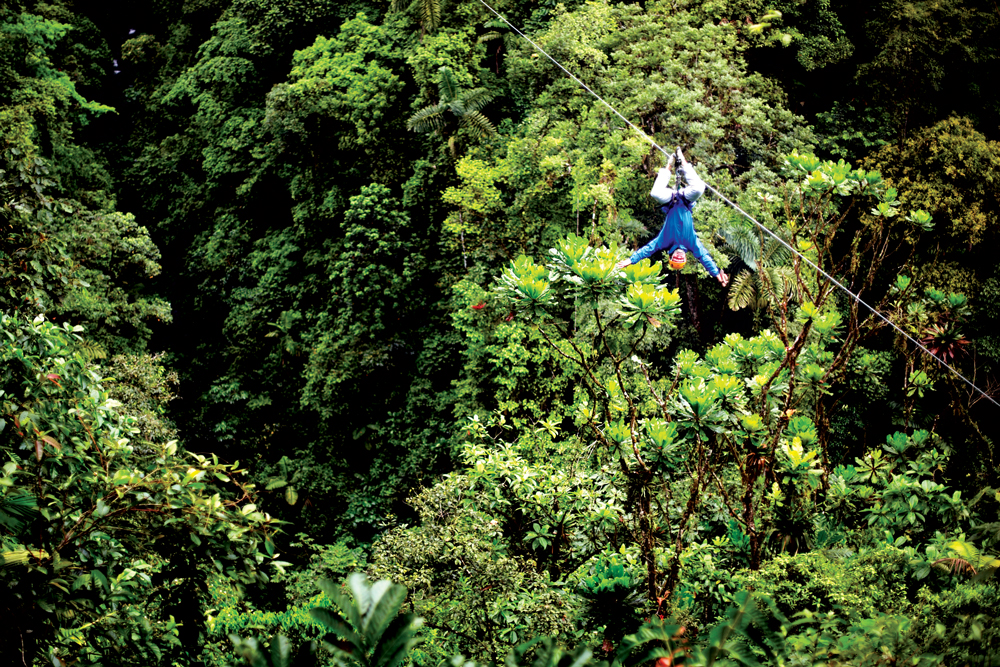
For the prices they are prepared to pay, most destinations they visit are more than accommodating, including Chinese flags hoisted over French chateaux to welcome their VIP guests. “Brands are very important. It’s really about the elite, top-tier ones like Aman Resorts. It’s got to be good, or where the head of Microsoft is on holiday,” she says.
The Hurun survey polled 291 travellers with at least 10 million yuan in assets and that had spent at least US$30,000 on travel in the preceding 12 months. Resort holidays are still what the very rich want most, but demand for exploration trips is growing. Three out of 10 trips taken by elite Chinese travellers last year were to the poles. The report says “unique experiences and itineraries”, “exclusive offers” and magnificent natural landscapes are enticements for exceptionally wealthy mainland travellers.
From her first-hand vantage point in Shanghai, the personal assistant says the US and Europe were the top destinations in the past few years. “Now they are becoming more adventurous and heading to places like Eastern Europe,” she says. Lai says exceptionally wealthy Chinese travellers are becoming more demanding and specific in their wishes. “Many of them are now looking for last-minute travel arrangements, usually only one day in advance of their departure date, which is where our travel specialists, connections and access to the best hotels and resorts at Quintessentially come into play. This group are also very specific in their requirements, asking for the presidential suites in specific hotels, travel by private jet, as well as tours accompanied by a Chinese-speaking butler.”
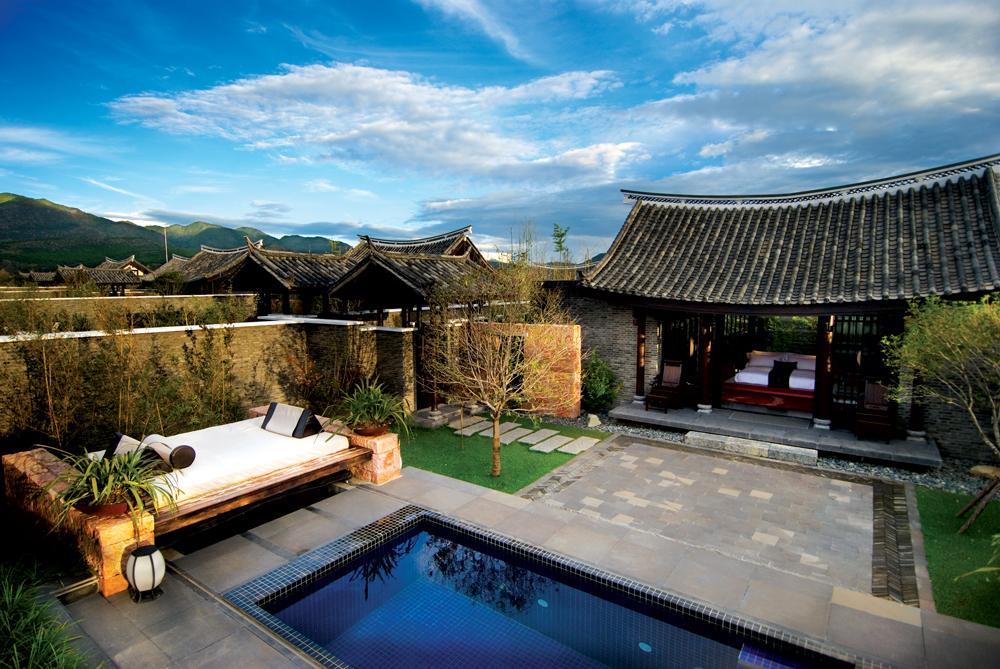
Since few wealthy Chinese travellers have been educated or have worked abroad, VIP concierge services can be particularly valuable to them. Lai says wealthy travellers used to rely on hotels with a brand-name presence, such as the Hyatt and Four Seasons chains. “What we are seeing now is that they are looking more towards hard-to-find local gems,” he says.
“Some recent examples requested by our Quintessentially members include locations such as Velaa Private Island in the Maldives, the Beverly Hills Hotel in Los Angeles and The Dolder Grand in Zurich. These hotels not only provide state-of-the-art amenities but also exotic experiences, such as Velaa being located on a private island and The Dolder having an exceptional spa in an urban castle setting with views of the Alps and Lake Zurich.”
A new breed of travel agent has also emerged to serve China’s rich. HH Travel, an upmarket branch of Chinese travel website Ctrip.com, has wasted no time in offering tailored trips to hard-to-get-to destinations such as the Antarctic and the Falkland Islands, the trips often lasting 10 to 20 days and costing 200,000 yuan.
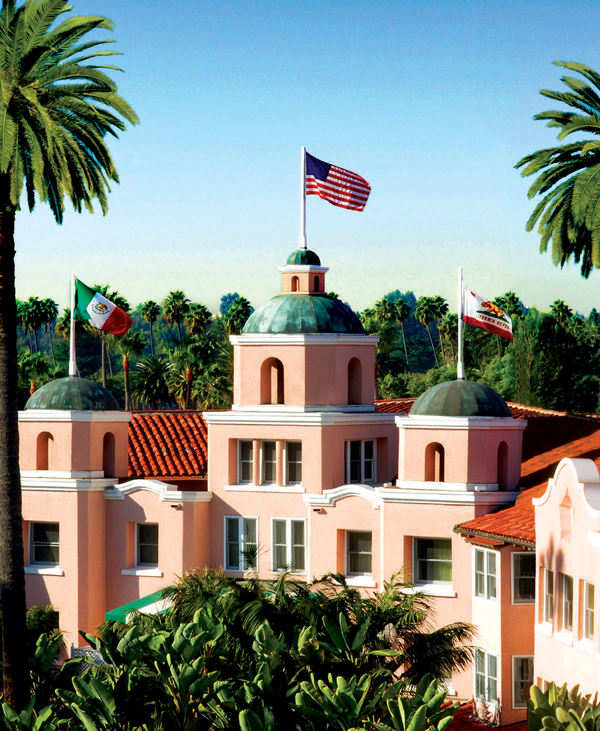
These luxury package tours are catching on in a big way. They are designed to be the best money can buy. They include treks through the Amazon basin, and riding camels and sleeping in luxurious tents in the sands of Dubai. Always on hand, of course, are top chefs and sommeliers, and authorities on culture and history. “It’s all about the experience and the stories they can tell at home. That is very important for this group,” says New West End Company’s Tyrrell.
When an assistant or travel agent can’t help, or the travellers want to make their own arrangements, special online travel agencies are available. Zanadu is a subscription travel website exclusively for the affluent. The Chinese-language site offers select tours and books superior hotels. Zanadu is meant to meet demand in the Chinese market for high-quality travel to top-tier destinations.
Exceptionally wealthy Chinese are also travelling within the mainland. Superior hotels have opened in Shangri-La City, Lijiang and Hangzhou to cater to a more affluent, demanding set. Banyan Tree and Aman Resorts establishments have sprouted, providing luxury and access previously unavailable.
Frenchman Christophe Peres has lived in the mainland for decades. Peres and his Hong Kong wife, Pauline Lee, built Le Passage Mohkan Shan Hotel four years ago.
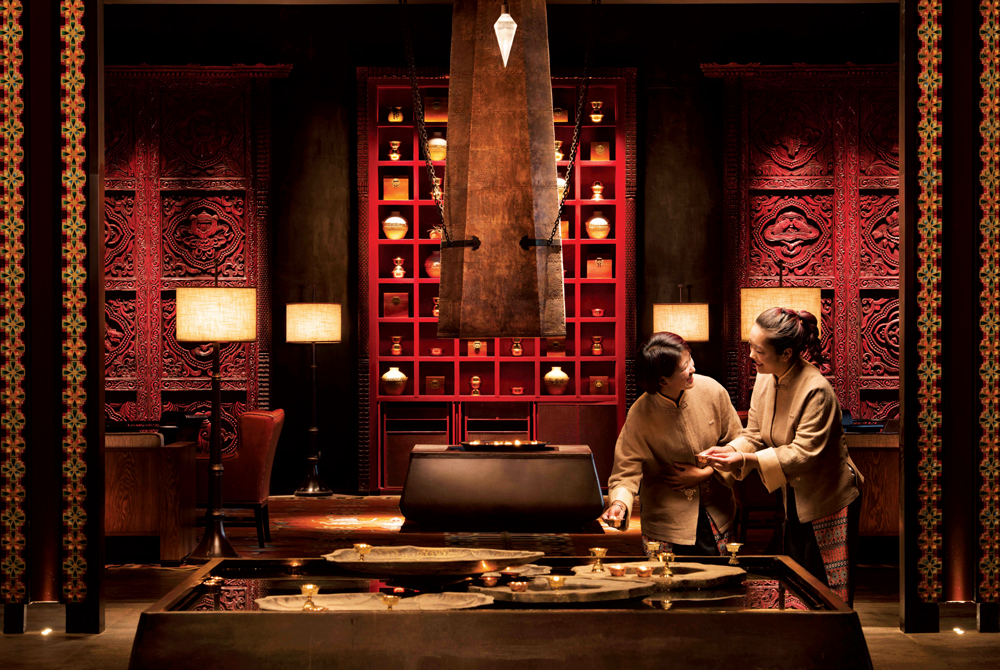
The hotel, inspired by French country houses, nestles in the lush tea plantations of Moganshan in Zhejiang province.
An offshoot is La Residence, an ultra-luxurious villa on a hill overlooking the hotel and the couple’s own tea plantation. La Residence has eight bedrooms, a room for children and a private swimming pool. It has lofty ceilings and is surrounded by a deck. It’s designed to keep its occupants totally private and to immerse them in the natural surroundings – attractive bonuses for some of the celebrity guests the Pereses have. The villa has its own kitchen and wine cellar, and comes with its own staff, if needed. The rent is more than US$10,000 a night.
“Originally the hotel was supposed to be our country house,” says Peres, “When we first went to Moganshan we didn’t go to build a hotel. Our personal project, our country home, turned into the hotel, so we still had it in mind to build another weekend place.”
The couple plan to stay in the villa when it isn’t let. They have been cultivating the tea plantation the villa overlooks for more than a decade, without using artificial fertilisers.
The lush green Moganshan area – known for its tea, bamboo forests and fresh air, is popular among Shanghai urbanites yearning for the great outdoors and a refuge from the sweltering summer heat in the city. Pleasant havens away from smog-enveloped conurbations are in high demand among the country’s wealthy.
“We have a certain clientele that is looking for more privacy and more luxury,” Peres says. He counts celebrities and the very rich among the guests in the hotel. “So the idea for La Residence was really to build the most exclusive, unique property in the area. There’s a real market for it.”


